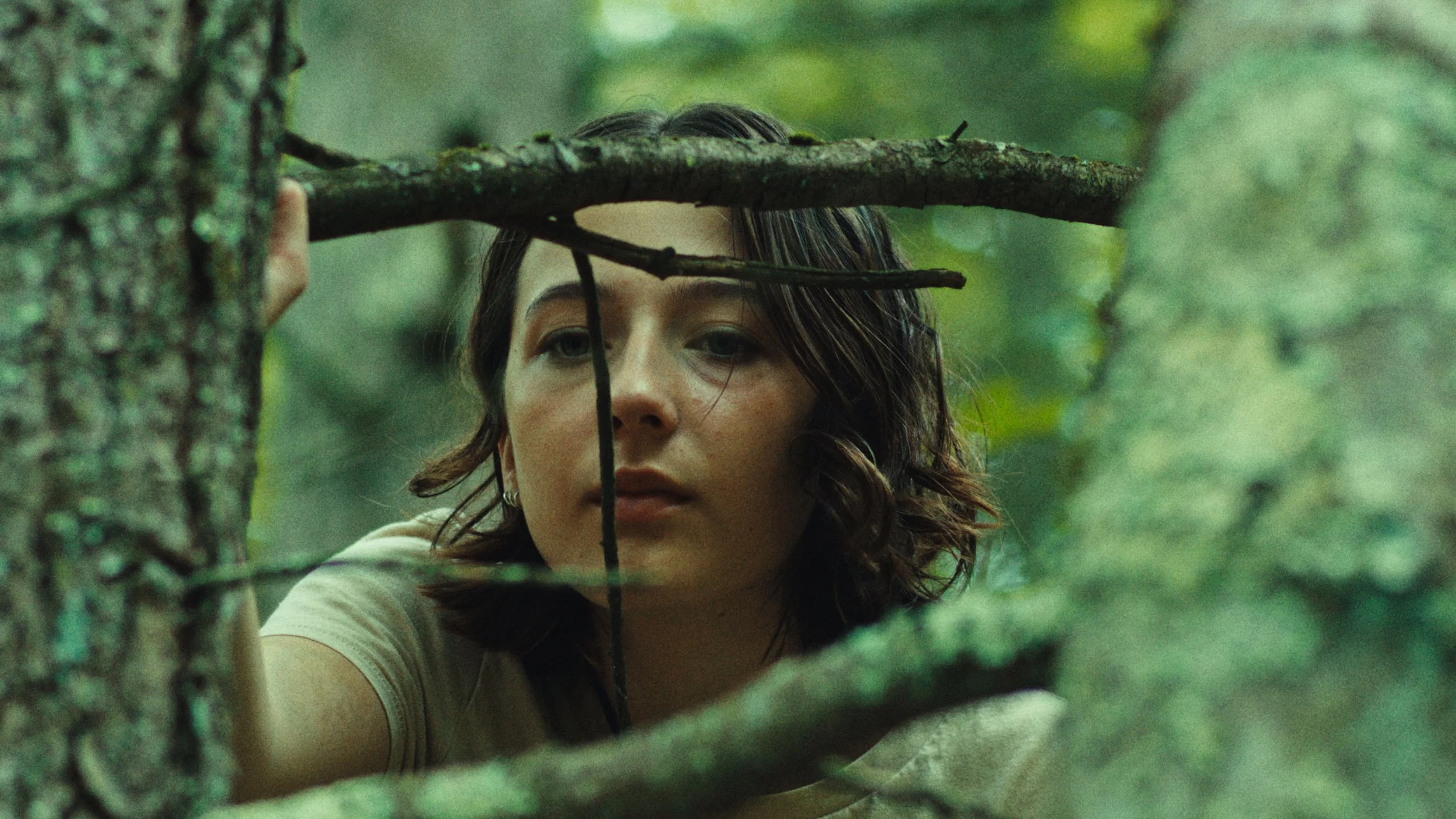Review: 'Seeking Mavis Beacon' goes in search of an early software icon, in a documentary full of ideas and side trips
There are so many interesting ideas bouncing around the documentary “Seeking Mavis Beacon” that you may find yourself wishing you could take director Jazmin Jones out for coffee, so you could pick her brain for a few hours.
It would take a few hours to unspool the things Jones and her onscreen collaborator, Olivia McKayla Ross, deliver here — about technology, race, representation, artificial intelligence and the unreliable nature of shifting narrative. Packing it all into 102 minutes is as exhausting as it is fascinating.
What animates Jones is a simple question that, of course, doesn’t have a simple answer: Who was Mavis Beacon? In the strictest terms, Mavis didn’t exist. She was a fictional character, created for the ‘80s educational software “Mavis Beacon Teaches Typing.”
Jones describes, speaking on-camera with Ross and anyone they’re interviewing, how inspirational seeing the Mavis Beacon character was. Here was a young, successful Black woman — a woman by which Jones as a girl could see herself represented — on the cover of one of the most successful software products of the early days of home computers.
With the help of Ross, a college student who’s a whiz at spelunking the hidden corners of the Internet, Jones finds two of the three people who developed the Mavis Beacon typing tutorials. They tell the story of how the software came to be, and how the main programmer’s girlfriend found the perfect woman to embody the title character working in a Saks 5th Avenue near L.A.
Much of the movie centers on Jones and Ross going all over — even to Haiti — to seek an audience with the model who posed for the cover of the original software. Unfortunately, that search, from which the movie gets its title, isn’t as intriguing as Jones seems to think.
What’s more interesting is how Jones and Reed launch into robust conversations about the intersection of race, sex and the Internet. For example, Jones points out that Mavis Beacon could be the progenitor of safe, nonthreatening female-appearing A.I. avatars — and Siri and Alexa are Mavis’ great-granddaughters in technology.
With those kind of provocative thoughts stirring around “Seeking Mavis Beacon,” it’s too bad Jones squanders that time with distractions, like an argument about the rental property where she and Ross set up their office space.
I appreciate, and sometimes am entertained by, the way Jones rafts down the stream of consciousness through “Seeking Mavis Beacon.” But just as often I’m wishing she would get to the point faster.
——
‘Seeking Mavis Beacon’
★★1/2
Opens Friday, September 13, at the Broadway Centre Cinemas. Not rated, but probably PG-13 for some language. Running time: 102 minutes.







